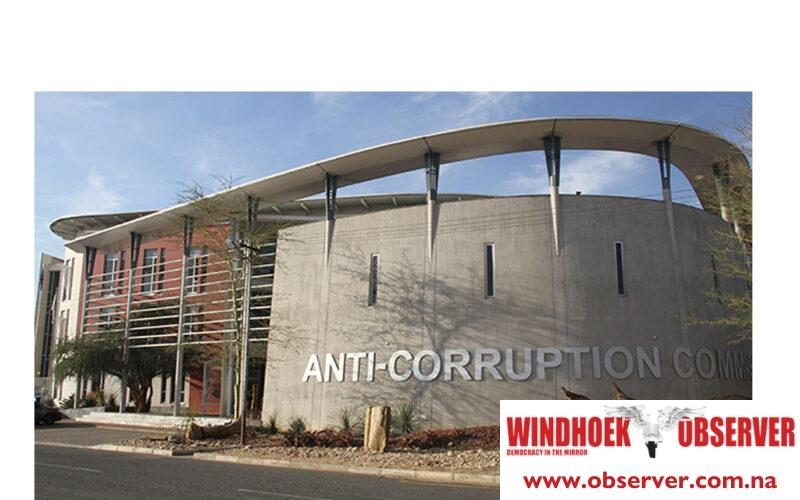Niël Terblanché
Namibia’s Anti-Corruption Commission (ACC) is taking significant steps to combat corruption by embarking on a four-day expert mission, with support from the Technical Assistance and Information Exchange (TAIEX).
The mission, which started yesterday, aims to enhance the capacity of officials and key stakeholders in developing a comprehensive framework for corruption risk management.
TAIEX, an initiative of the European Commission, is designed to provide short-term support to public administrations through peer-to-peer collaboration. For this mission, a team of five experts from Germany, Slovenia, Lithuania, and Romania has gathered in Windhoek to facilitate the workshop.
The initiative is aligned with Namibia’s National Anti-Corruption Strategy and Action Plan 2021-2025 (NACSAP), specifically, Action 2.1.3, which focuses on developing a national framework for conducting corruption risk management in public bodies.
Tylvas Shilongo, the Executive Director of the ACC, stressed the importance of the framework, stating that it is intended to support key stakeholders in managing corruption risks and instil a sense of ownership of corruption interventions at the institutional level.
While the ACC has already developed various tools to assess practices, procedures, and systems, Shilongo stressed the need to strengthen accountability mechanisms, hence the need for a consultative process to develop this national framework.
Ambassador Beatriz Martins, Head of the EU Delegation to Namibia, expressed the European Union’s commitment to this endeavour, stating that the TAIEX workshop aligns with their bilateral cooperation programming with Namibia.
Under the Annual Action Programme 2022, they are preparing a support program to accelerate the implementation of the National Anti-Corruption Strategy and action plan, focusing on enhancing the Anti-Corruption Commission’s capacity and oversight bodies such as parliament and supreme audit authorities.
In his remarks, Shilongo highlighted the collaborative nature of the mission, emphasizing that the framework’s success relies on the contributions of all stakeholders involved.
He also underlined the importance of promoting integrity, accountability, transparency, and compliance in the fight against corruption, which will pave the way for Namibia to become a mature, transparent, and functioning democracy.
Martins praised TAIEX for its versatility and adaptability, highlighting its role in addressing specific challenges faced by different countries and promoting a collaborative environment where solutions are tailored to unique circumstances.
“TAIEX’s inclusive approach, extending beyond EU borders, fosters cooperation, mutual understanding, and stability,” she said.
The TAIEX workshop signifies the beginning of a comprehensive effort to tackle corruption in Namibia, with the principles and strengths of the EU’s TAIEX instruments reflecting the spirit of collaboration and support that defines the European Union’s relationship with partner countries such as Namibia.
During the workshop, 32 participants from various government institutions, including the ACC, Ministry of Justice, Office of the Prime Minister, Office of the Auditor-General, and civil society organizations, will engage in discussions on topics such as corruption prevention and accountability in the public sector, identifying corruption risks in different sectors, practical tools for promoting accountability and transparency, and the role of information technology systems in corruption prevention.




